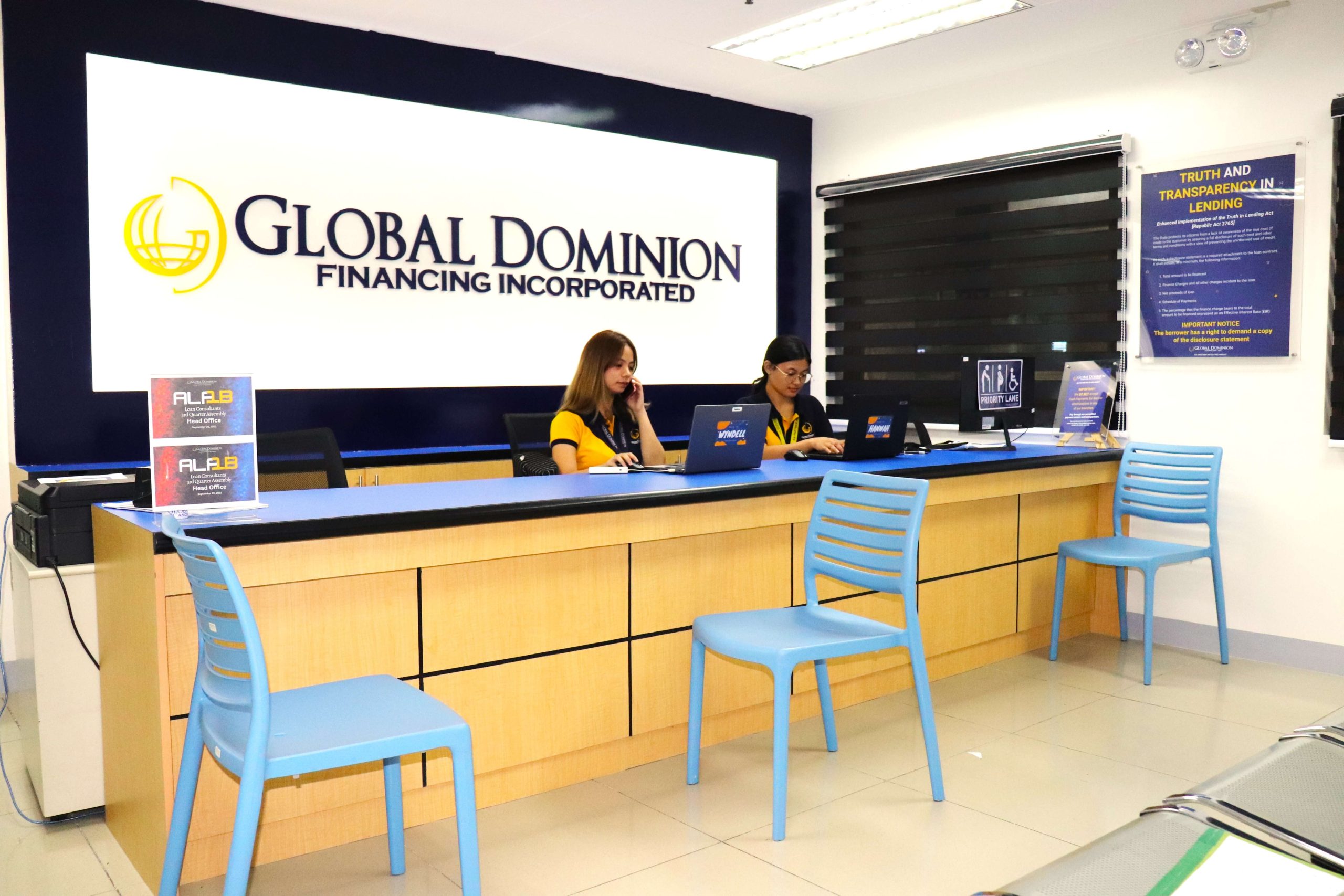Before investing, beware of something that drains your savings as bad as SCAM!

Michael (not his real name) was a very excited seafarer planning to officially resign from his job and start his entrepreneurship career back home (Philippines). He remembered declaring he’s never going back to a career that will separate him from his family.
He’s got a 15-year worth of savings and secured some millions worth of investment from friends and colleagues, and then decided to hop and start a business.
He looks like a man with shining pride and angst. After several years of hard labor, he is officially fulfilling his dream of being “the boss”, “the dream maker” and the “inspiring seaman”.
He’s got 10 million total cash on hand and believed this amount is not going to burn anytime soon and that he’ll be able to generate sufficient sales to keep the cash from going anywhere.
However, after 8 months, the business went almost cashless, and the initial capital of 10 million is now below half a million pesos. At that point, Michael’s business with 76 employees and more than 300 sqm. office was generating low to almost no sales and was unable to sustain its needs.
Before he had the courage to face what’s happening, he came to the point of witnessing the office getting padlocked and the employees flying away mad one person at a time because he can no longer afford to pay their salary.
Michael is a man of his words and full of integrity. As the business failed, he acquired several business loans and turned them into personal loans so as not to make his colleagues feel that he was irresponsible.
It was more than just a mental torture for him, it was a dream-wrecking experience. Not to mention the law suits coming to his doorstep, from direct employee complaint, to DOLE, to BIR and to legal advisors of his investors.
Michael is a good man indeed but in business, being a good man is not enough – if it happens to be the only requirement, there could have been so much successful businessman to date!
Michael fell into the dangerous pit of business gambling. All businesses have risks but jumping onto it completely unprepared and clueless of what to do made him more of a gambler than a risk taker.
What could have been done to avoid this unfortunate event? Here’s a list that you may also take into consideration to avoid the same experience he’s had.
1. Embrace that the bigger the business plan is, the higher the capital requirement; Hence it goes that the requirement for expertise needed for the overall lead is at a higher level too.
Michael chose his friends and colleagues to run the business. He did not try searching for experts on decision making fields of the business. He’s got a subjective belief that every individual can make a difference given the good chance, hence, he gave this wonderful chance to his close friends, as he went on completely unaware of the danger it may cause.
Businesses mostly fail due to lack of equipped decision makers and this was one of his biggest errors. Just because he was able to hire a 14-year experienced employee does not mean he found his perfect Chief Executive Officer (CEO).
It takes professional expertise, business sense and so much more to appoint a CEO. Appointed CEOs must be driven, strategic and can respond to business problems in an agile manner. Qualifications and accomplishments are key requirements in appointing one.
2. He did not exert serious effort in understanding the business language.
To be a business owner means to communicate on the perspective of the business. Business cannot interpret itself! It has no capacity to communicate itself to the owner for early warnings that there are problems and that there are signs of upcoming insolvency and bankruptcy.
The bigger the business, the higher the business language interpretation needed. If you are not comfortable going through boring classes to learn, then hire a professional consultant or a hard core financial accountant who can communicate business statuses, send signals and work alongside you as a professional adviser.
This financial accountant/consultant must have an experience dealing with CEOs and resolving problems alongside them. Often these professionals work as part timers/project-based/
3. Start small and scale up.
Michael decided to have high fixed cost as he opted to hire 76 employees with a very high paying rent immediately, instead of trying out the concept in a smaller and more expert group under a low-cost rental facility (office).
Starting small means understanding first how much sales can be generated at a given point in time and scale up from time to time until it grows in capacity and net income. The goal is to use the smallest possible capital to generate sufficient time for a lean and mean team to generate the perfect sales-generating formula prior to jumping to the bigger level.
4. Work on a “tuition budget”.
A tuition budget is a percentage of the overall capital intended to test the viability and saleability of the business plan.
This must be agreed among all stockholders and must be agreed during the capital budgeting period, or the time when the business is on its pre-building period.
Test of viability is to see if “possible” clients will find your business product or services relevant.
Proof of saleability is actual generation of sales done not on a secluded environment, rather tested to be repetitive and actually something demanded by the market.
Experience FinCom.ph and be equipped without swimming in the endless paradox of overwhelming information and get your start at the entrepreneur life with a loan that’s right for you.
Powered by IEF, Inc., FinCom.ph is a relevant digital technology that will accelerate the business investment skills of every Juan!





